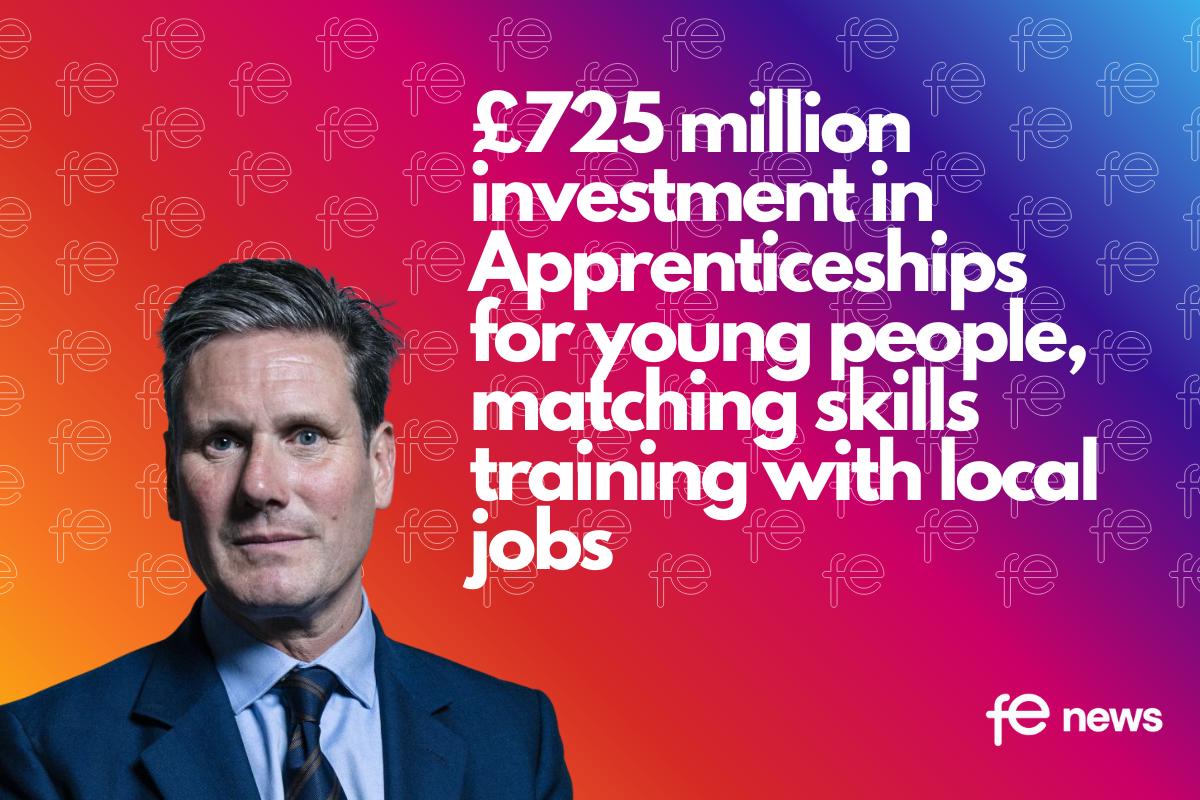Strategies for colleges to engage with employers

So many colleges simply don’t comprehend the discipline needed to sell to employers.
Now, more than ever, there is an imperative for colleges to forge wider and deeper relationships with employers. Each college needs to ensure that its provision accurately matches the skills required by employers to improve the employability of students, and also to promote and sell full cost recovery courses. With outcomes (employability) becoming increasingly linked to funding, colleges must start to think like commercial businesses.
Many FE colleges try to be all things to all people.
Too often colleges have a proposition to employers that is nebulous. Often they will say “we can do anything you want”, which may be true but it is quite difficult for an employer to buy something so intangible. Staff training is normally required to fill a particular skills gap and specific courses will be required to fill this need. Give employers a “yes” or “no” decision, don’t try to sell something unspecific and undefined.
Many colleges also do not understand market segmentation. Market segmentation is the process of breaking the market down into smaller chunks that share a similar profile i.e. industry sector, behaviour, geography. The best strategy is to divide and conquer markets; develop a proposition for a specific sector or need, and then promote it hard using advertising, direct mail, PR and digital marketing. Having a strong market share reduces the perceived risk of buying from you.
The single biggest challenge is to become more sales focused; this means a strategy to build a list of prospects, to maintain a structured database and to communicate to these targets in a planned manner. Customer relationship management (CRM) is not simply a piece of software, it is way of behaving. CRM is about rigorously collecting data, ensuring this data is kept up to date and using the data to promote courses. Of course having some a good software system is important, but the discipline of maintaining and using the data is paramount. Often the CRM application can help drive the procedures. My agency, Rave, recommends using SugarCRM as a platform for engaging with employers. SugarCRM is a web based solution meaning your employer engagement team can use the system from anywhere; office, home, iPhone, Blackberry and iPad. The system has great reporting tools for monitoring the sales pipeline and an integrated email broadcast application.
You also have to think clearly about your brand. Many colleges seem almost embarrassed about being a college when they sell to employers. They give their employer engagement team some bland business-to-business brand in order to hide the fact that the communication is a coming from a college. Prospects are not idiots, they will eventually find out you are a college. So be proud. You have great facilities and great teaching staff, so leverage these strengths. Of course, you need to change your tone of voice, imagery and the look and feel of your communications for a business market.
This embarrassment about being a college even manifests itself with colleges having a totally separate business engagement division, with a separate management structure and even located off-campus. Business engagement has to be integral to college strategy, not an add-on. Creating and nurturing business relationships should be a standing item on the agenda of every governors, SLT, management and divisional meeting.
A great excuse to start a dialogue with an employer is apprenticeships. Apprenticeships are probably the only area where the government is increasing education funding, although there seems to have been a small fortune spent on creating brand guidelines and little spent on promoting apprenticeships to young people and employers. Apprenticeships are the natural interface between work and learning, yet there is still widespread ignorance about the scheme among employers. In employer research conducted by Rave, it is apparent that deep-seated prejudices exist. Many employers, especially small business which make up the bulk of the economy, still think that apprenticeships are only available in construction and hairdressing.
Apprenticeships have a compelling selling point that most employers are unaware. Cheap labour. I can almost feel your horror after reading those two words. But businesses are economic entities whose purpose, on the whole, is to make a profit. 97% of employers surveyed by Rave were unaware that there is a different (and lower) minimum wage for apprentices. We shouldn’t be embarrassed by this, because apprenticeships give young people a fantastic start in life and deliver real business benefits to the employer. Don’t rush to you marketing department and tell them to put a starburst on your ads saying “staff only £2.50 per hour”. This message needs crafting sensitively by a gifted copywriter.
John Wilford is founder and managing director of Rave, a specialist marketing agency providing strategic advice, creativity, media planning and campaign execution to many FE colleges and sixth form colleges.
John penned this article for FE News back in 2011! How much has changed since then, just the minimum wage for apprentices, or have colleges become more sophisticated in their employer engagement?











Responses